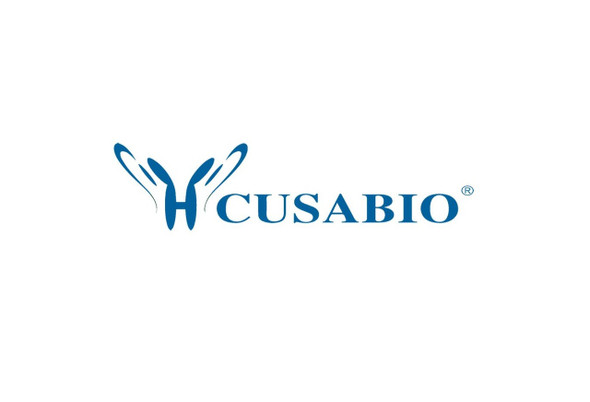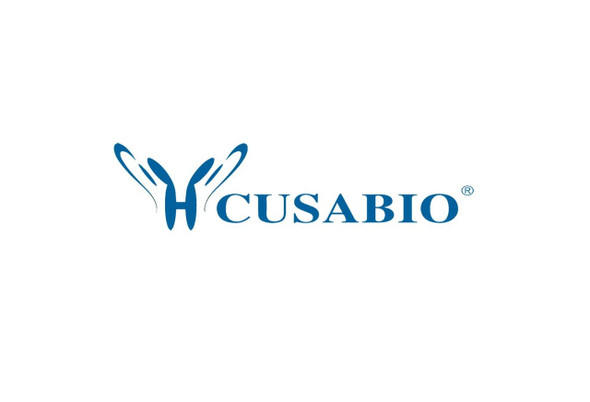Cusabio Virus & Bacteria Recombinants
Recombinant Pandinus impeRator Pandinin-2 | CSB-YP306050PAU
- SKU:
- CSB-YP306050PAU
- Availability:
- 25 - 35 Working Days
Description
Recombinant Pandinus impeRator Pandinin-2 | CSB-YP306050PAU | Cusabio
Alternative Name(s): Non-disulfide-bridged peptide 3.1 Short name: NDBP-3.1 Non-disulfide-bridged peptide 4.1 Short name: NDBP-4.1
Gene Names: N/A
Research Areas: Others
Organism: Pandinus imperator (Emperor scorpion)
AA Sequence: FWGALAKGALKLIPSLFSSFSKKD
Source: Yeast
Tag Info: N-terminal 6xHis-tagged
Expression Region: 1-24aa
Sequence Info: Full Length
MW: 4.6 kDa
Purity: Greater than 90% as determined by SDS-PAGE.
Relevance: Disrupts cell membranes through formation of pores. Has strong antimicrobial activity against Gram-positive bacteria B.subtilis, S.epidermidis, E.faecalis and S.aureus. Is less active against Gram-negative bacteria P.aeruginosa and E.coli. Also increases efficacy of antibiotics (ampicillin, chloramphenicol, streptomycin, kanamycin, novobiocin) when tested against E.coli, probably by facilitating their incorporation into the bacteria. Possesses antifungal activity against C.albicans and hemolytic activity against human, sheep and pig erythrocytes.
Reference: "Characterization of unique amphipathic antimicrobial peptides from venom of the scorpion Pandinus imperator."Corzo G., Escoubas P., Villegas E., Barnham K.J., He W., Norton R.S., Nakajima T.Biochem. J. 359:35-45(2001)
Storage: The shelf life is related to many factors, storage state, buffer ingredients, storage temperature and the stability of the protein itself. Generally, the shelf life of liquid form is 6 months at -20?/-80?. The shelf life of lyophilized form is 12 months at -20?/-80?.
Notes: Repeated freezing and thawing is not recommended. Store working aliquots at 4? for up to one week.
Function: Disrupts cell membranes through formation of pores. Has strong antimicrobial activity against Gram-positive bacteria B.subtilis, S.epidermidis, E.faecalis and S.aureus. Is less active against Gram-negative bacteria P.aeruginosa and E.coli. Also increases efficacy of antibiotics (ampicillin, chloramphenicol, streptomycin, kanamycin, novobiocin) when tested against E.coli, probably by facilitating their incorporation into the bacteria. Possesses antifungal activity against C.albicans and hemolytic activity against human, sheep and pig erythrocytes.
Involvement in disease:
Subcellular Location: Secreted, Target cell membrane
Protein Families: Non-disulfide-bridged peptide (NDBP) superfamily, Medium-length antimicrobial peptide (group 3) family
Tissue Specificity: Expressed by the venom gland.
Paythway:
Form: Liquid or Lyophilized powder
Buffer: If the delivery form is liquid, the default storage buffer is Tris/PBS-based buffer, 5%-50% glycerol. If the delivery form is lyophilized powder, the buffer before lyophilization is Tris/PBS-based buffer, 6% Trehalose, pH 8.0.
Reconstitution: We recommend that this vial be briefly centrifuged prior to opening to bring the contents to the bottom. Please reconstitute protein in deionized sterile water to a concentration of 0.1-1.0 mg/mL.We recommend to add 5-50% of glycerol (final concentration) and aliquot for long-term storage at -20?/-80?. Our default final concentration of glycerol is 50%. Customers could use it as reference.
Uniprot ID: P83240
HGNC Database Link: N/A
UniGene Database Link: N/A
KEGG Database Link: N/A
STRING Database Link: N/A
OMIM Database Link: N/A









